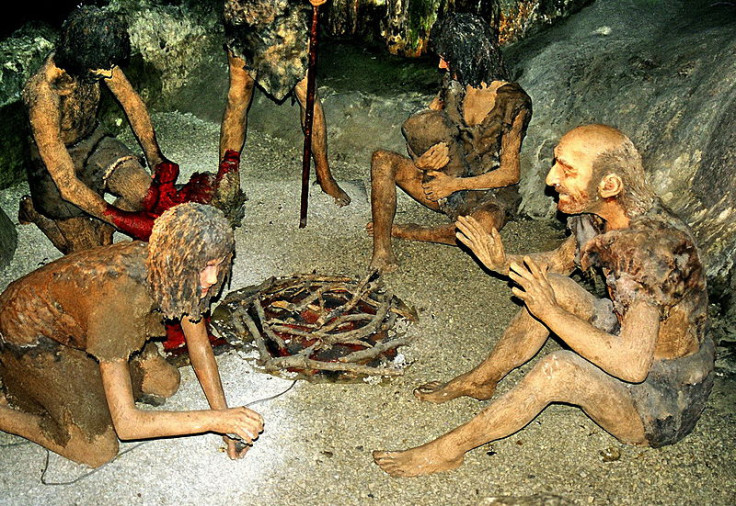Neanderthals Were Good Parents With Strong Emotional Bonds

Neanderthals made good parents, with strong emotional attachments similar to modern humans, researchers have said.
Challenging common perceptions of Neanderthal family life, experts at the University of York's Centre for Human Paleoecology and Evolutionary Origins have said Neanderthal children had strong bonds with their immediate social group, played to develop skills and played a large role within society.
Traditionally, biological evidence suggests life was extremely difficult for Neanderthal children, most often being dangerous and short.
Published in the Oxford Journal of Archaeology, the researchers looked at cultural and social evidence to find out about the quality of life for children hundreds of thousands of years ago.
Study leader Penny Spikins said they found Neanderthal childhood was only slightly different from modern humans in that there was a bigger emphasis on social relationships within the group.
Evidence shows that parents would care for sick and injured children for years, while child deaths were marked with far more elaborate graves than older members of the group.
"There is a critical distinction to be made between a harsh childhood and a childhood lived in a harsh environment."
Study leader Penny Spikins
Spikins said: "Our research found that a close attachment and particular attention to children is a more plausible interpretation of the archaeological evidence, explaining an unusual focus on infants and children in burial, and setting Neanderthal symbolism within a context which is likely to have included children."
Neanderthal groups are thought to be small and isolated, meaning there was a strong social and emotional context for children. They could easily avoid outside groups due to their habitat, resulting in strong internal connections with little selection pressure.
"The traditional view sees Neanderthal childhood as unusually harsh, difficult and dangerous. This accords with preconceptions about Neanderthal inferiority and an inability to protect children epitomising Neanderthal decline," Spikins said.
"Interpretations of high activity levels and frequent periods of scarcity form part of the basis for this perceived harsh upbringing. However, such challenges in childhood may not be distinctive from the normal experience of early Palaeolithic human children, or contemporary hunter-gatherers in particularly cold environments.
"There is a critical distinction to be made between a harsh childhood and a childhood lived in a harsh environment."
© Copyright IBTimes 2025. All rights reserved.






















